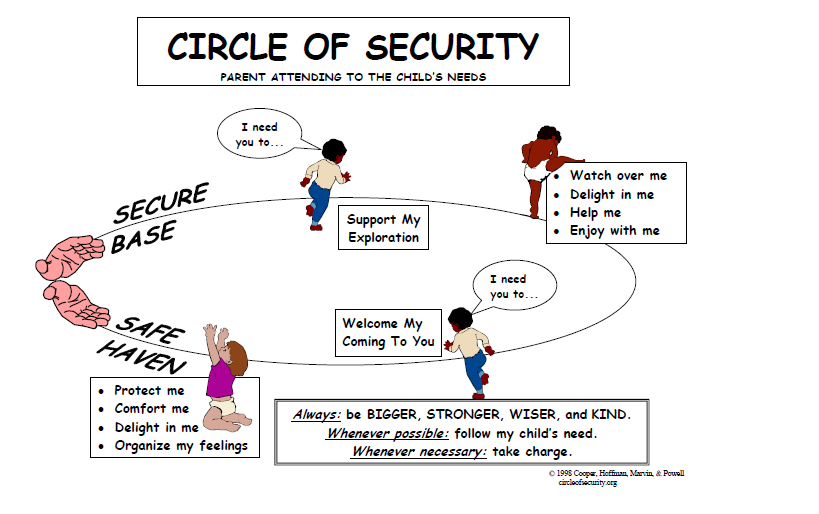Delighting In Your Child – Part 2 – With Life Words
Delighting in our children begins as we learn to delight in their unique BENT. Let’s face it, some kids are harder to connect with than others. Some kids challenge us as parents to learn how to delight and encourage their unique bent. Every child is precious, but even good parents can become discouraged by frustrating aspects in their child’s makeup and personality. Add other complicating factors, including the hurried pace of life and learning differences, and even the best of parents can become overwhelmed. Even as a “good” parent, you may become discouraged if you don’t understand why your child behaves as he or she does.
For now, just know this: You’ve been given an exclusive opportunity: the chance to nurture a child who is like no other. So learn to choose the child you’ve been given. And learn to delight in them.
Life Words
One way to do this is through using Life Words: I have certain life phrases that I say to each one of my children regularly. I want them to hear and know how much they are enjoyed. Take your daughter/son and look them directly in the face and say:
- I’m so glad God gave me you as a daughter/son.
- You bring me so much Joy.
- I really like reading to you.
- It’s so fun to have tea parties with you.
- I had fun with you today.
- I love being your mom/dad.
What’s sweet is that since toddlers are mini parrots many times they end up saying the same things to you later. These Life Words are a way of communicating DELIGHT.
Let’s look back at the chart to our bottom half of the circle. In Part 1, we looked at the Secure Base. In addition to that, children need a safe haven to return to. Children come to their parents and move away over and over again. As children get older they are likely to venture further from their secure base, and stay away longer, but still need to know that they are welcome to come back. Security of attachment requires a caregiver who is sensitive and responsive to her/his child’s needs. Your willingness to answer subtle requests for attention, comfort, holding, exploration, and discovery (with you nearby) will provide an increased sense of security for your child.
Our tasks:
- Protect your child, when things are too overwhelming or even dangerous, draw them into you.
- Comfort them – as you draw them in, provide comfort to them.
- Hold your child – Babies and toddlers soak up affection and love through their skin. Holding your child not only provides pleasure and reassurance, it is essential in helping to soothe and organize difficult feelings.
- Eye contact – Gaze into your baby’s eyes from the first day of life, and pay close attention to when your child wants to look back. At about six weeks, your child will regularly focus in on your eyes and read what they are “saying.” Lots of pleasurable eye contact will translate into a feeling of reassurance and connection for your baby that will spill over into childhood. Now just a captured glance across a room is enough for my 9 yr old to regain her sense of security. She doesn’t need to come back to me physically, she comes back to my safe haven emotionally by remembering that I am here, that I love her.
- Delight in your child– here it is again. This idea is so profound, so significant to attachment that it is found on both sides of the circle. Your child need to feel welcomed back to you. If they “explored” just a few steps away, or they have been off and running for 30 minutes, when they return they need to experience your delight. Too often we have an annoyed response when our kids come back to us. Maybe we are in the middle of a chore, or a conversation, and their interruption is inconvenient, so we usher them away with a “Go back and play”, not realizing that they need to come into our safe haven in order to feel secure enough to play again. We need to learn to greet them with delight EVERY time. A smile, a hug, an encouraging word, allowing them to drink their fill of us before they go out again.
- Another need is help to organize their feelings. Babies and children need support when they face feelings that are too intense to manage by themselves. This support is most effective when parents accept the child’s feelings and don’t try to get them to feel something different. Easier said than done!
So embrace your child’s unique bent, work on using Life Words, create security of attachment and delight in your child today!








Leave a Reply
Want to join the discussion?Feel free to contribute!